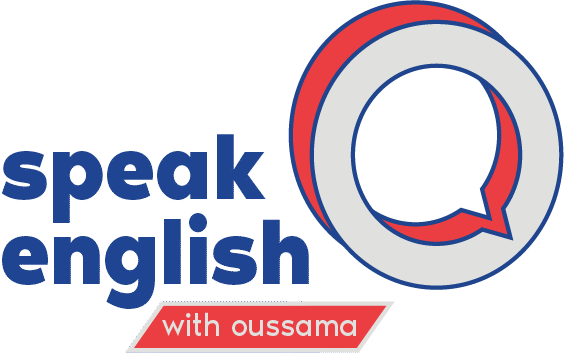Teamwork makes the dream work, right? But let’s be honest; working with others can sometimes feel like herding cats. Whether you’re in a buzzing office or on Zoom with folks halfway across the world, collaboration isn’t just about sharing tasks. It’s about syncing minds, managing emotions, and building trust. And that, my friend, takes soft skills.
Why Soft Skills Matter in Team Collaboration
Technical skills might get the job done, but soft skills keep the team running smoothly. Think of them as the glue that holds a group together. Without them, even the smartest team can fall apart.
What Are Soft Skills, Anyway?
Soft skills are personal attributes and interpersonal abilities that shape how you work with others. They’re not about what you know, but how you communicate, empathize, adapt, and resolve problems.
Top soft skills for collaboration:
- Communication: Clear, respectful, and active listening
- Emotional intelligence: Understanding and managing your emotions (and others’)
- Adaptability: Rolling with the punches and staying flexible
- Conflict resolution: Addressing tension constructively
- Empathy: Seeing things from your teammate’s perspective
Real-World Tips for Building Soft Skills in Teams
1. Practice Active Listening
It’s not just about hearing; it’s about really tuning in. Show you’re engaged by nodding, paraphrasing, and asking thoughtful questions. You’ll be surprised how much smoother meetings go.
2. Embrace Feedback (The Good, Bad, and Ugly)
Take it with grace and give it with care. Constructive feedback builds stronger teams and shows you’re invested in growth; yours and theirs.
3. Be the “Flex” in Flexible
Change is constant. Whether it’s a shift in deadlines or a teammate’s unexpected time off, your ability to adapt makes you invaluable.
4. Navigate Conflict Calmly
Disagreements are natural. The key? Stay calm, listen, and aim for solutions, not blame. Use “I” statements and focus on the issue, not the person.
5. Build Trust Through Consistency
Do what you say and say what you do. Reliability builds confidence and cohesion in any team.
Collaboration in Action: A Mini Scenario
Imagine you’re working on a team project, and one member misses a deadline. Instead of snapping, you message: “Hey, I noticed the update’s not in yet. Is everything okay? Can I help?” That’s empathy, communication, and problem-solving in one.
Conclusion: Soft Skills Are Team Superpowers
Mastering soft skills for team collaboration isn’t just nice to have; it’s essential. The better we connect, communicate, and care, the stronger our teams become. So whether you’re a new team member or a seasoned leader, keep sharpening those soft skills.
Ready to level up your teamwork game? Start with a smile, a question, and a genuine effort to understand others. Your team will thank you.
